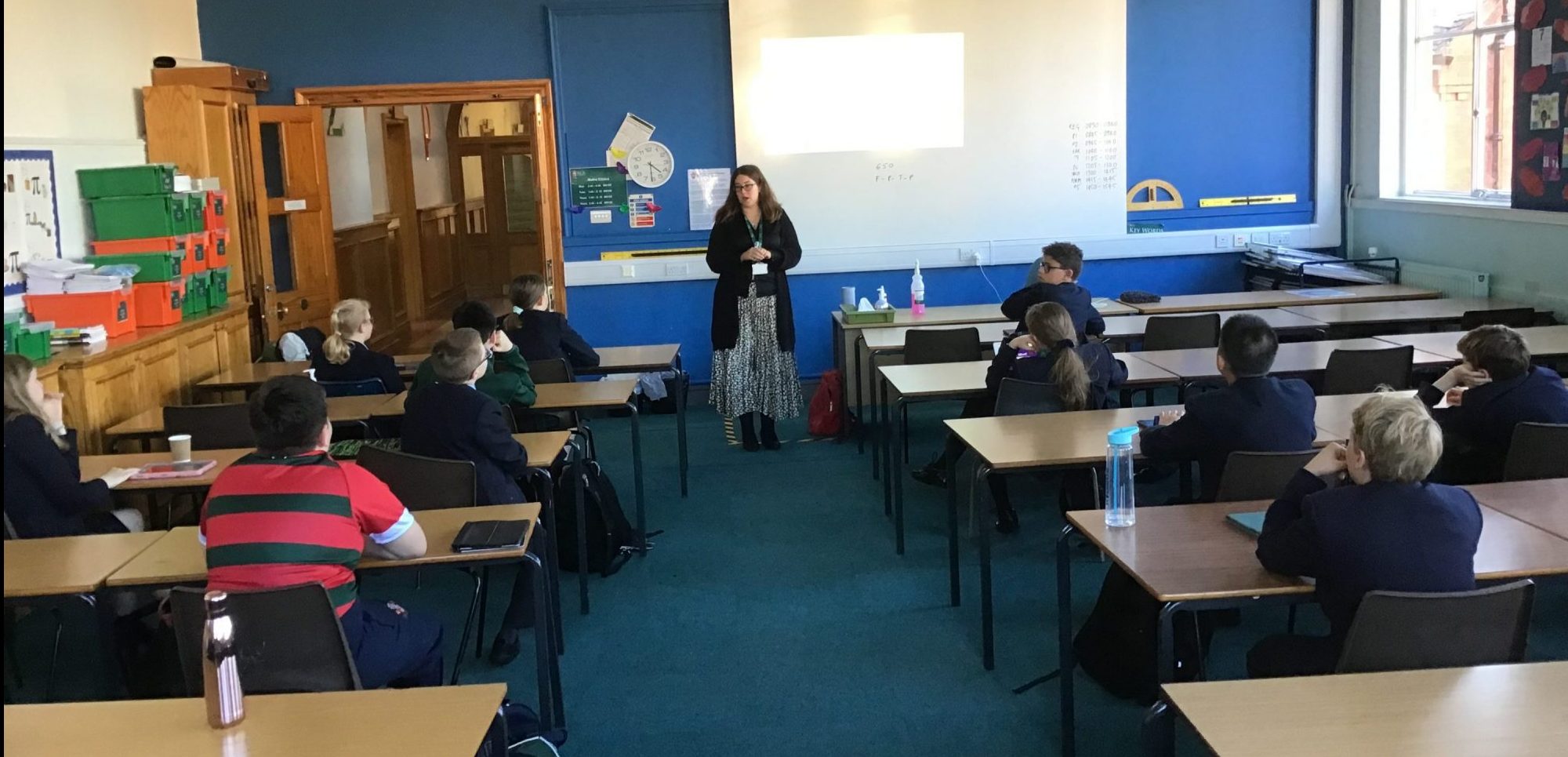Enrichment: The Billingham Society
Named after the School’s eminent alumnus, Dr John Billingham, the Billingham Society offers Enrichment learning opportunities for all pupils in Years Seven to Eleven. Dr John Billingham (1930-2013) studied at RGS Worcester between 1939 and 1947. He had a long and distinguished career in the field of science, including Chief of the Life Sciences Division at NASA Ames Research Center and Chief of the Extra-terrestrial Research Division. Dr Billingham spent his life pushing boundaries and challenging orthodox thinking through his enquiring mind – the Billingham Society encourages our pupils to do the same.
The first Billingham Society meeting of this term was led by RGS Worcester Teacher of History & Politics, Mrs Kent and entitled ‘Why Recent Prime Ministers Have Left Office’. Please do enjoy the account below written by Year Eight pupils, Anya Wood and Rose Savory:
“Before coming to this Billingham Society session, we knew and remembered when David Cameron stepped down as Prime Minister, after losing the referendum. This is because he felt he couldn’t help his country through what would be the chaotic journey of Brexit. Not only that, but Prime Minister Theresa May also had to step down due to the struggles Brexit was causing. During the Billingham Society meeting, we learned all about constituencies and how you can only vote for your MP in your local constituency, and not everybody can vote for the Prime Minister. We found this the most surprising fact because we thought that we voted for our country’s Prime Minister, but in actual fact, you can only vote for them in their own constituency, for example Uxbridge and South Ruislip for Boris Johnson.
We also learned about the difference between a General Election and a Referendum. A General Election is what we have when we have to elect MPs and Referendums are saved for important ‘yes’ or ‘no’ answers, for example, Brexit.
We would now like to know about why Prime Ministers from further back in time left office and if there are any parallels between them, and the more recent departures.”




